The Naked Interview
In his business bestseller “Getting Naked”, Patrick Lencioni promotes transparency and authenticity as the foundation for consulting or selling environments– what he refers to as "Getting Naked". No more posing, posturing, or saying “the right things” in order to make the sale. Instead, Lencioni recommends focusing on understanding a client’s needs, helping them find solutions, and speaking the truth – even when it might put the relationship at risk or circumvent the sale.
The book affirmed a similar sentiment I’ve had regarding the interview methodology. See if this sounds familiar...
A candidate is invited to an interview. Other than knowing the position to be filled and essential requirements of the job, nothing more is shared in advance. The candidate enters the interview “blind,” hoping for the best and speculating on what might be asked.
The interview session becomes a pop-quiz process with the interviewer asking the questions, the candidate answering. The candidate is forced to respond spontaneously, without the benefit of having time to ponder the best examples of his/her experiences.
This is especially true of behavioral interviews, where candidates face questions beginning with “Tell me about a time when...” and none of their most revealing answers come to mind. As a result, both parties lose: candidates fail to share their best experiences and the company fails to understand the candidate. Too much is left to spontaneous discovery.
What I’m about to suggest is contrary to most interview formats. Borrowing from Lencioni’s theme, I call it the “Naked Interview.” Its purpose is to conduct the interview in a more transparent manner. No pop quizzes. No trick questions. No trying to see how candidates react under pressure situations.
In fact, I’m suggesting giving candidates an outline of the interview in advance, including some of key topics to be discussed. The outline should include topics on the top two or three objectives for the position. What it looks like in action:
Acme Manufacturing is interviewing candidates for a Regional Sales Manager opening. The top objectives for the new RSM in his/her first year of employment:
Help select/create and implement a new CRM program.
Assess the market potential for expanding into three new markets
Assess the abilities of the incumbent sales team and determine if and where changes (might) need to be made.
Dan Smith is a candidate for the position. A few days before the interview Dan receives a call (or email) from the hiring manager that goes something like this: “Dan, this is Bill Jones at Acme Manufacturing. We’re looking forward to meeting you next Thursday and learning more about your experience. I want to give you a heads-up on some key things we want to discuss. We have three key objectives we need this person to accomplish in his/her first year...”
“The first involves CRM programs. We need a new one and want to want to hear about your experience with CRM programs- what’s worked, what hasn’t, etc.”
“Second, we want to expand our business into some new markets. Any experience you have with identifying new markets, assessing their potential and starting them up will be of interest to us.”
“Third, we’re not sure if our sales team needs upgrading or simply better training. Therefore, we want to gain a solid understanding of your experience in terms of hiring and training sales teams.”
“Last, I want to reserve some time to answer any questions you might have. If possible, give that some thought and email me any questions you have in advance of our meeting. I want to make sure I’m prepared to answer them as well as possible.”
See how this strategy might reduce stress on both sides of the interview table while improving mutual understanding? Candidates enter the interview arena looking forward to the visit, not anxious. And, the hiring manager has a much better opportunity to understand the candidates and drilling down on specifics much faster.
Traditionalists might say this gives the candidate too much information in advance, raising the potential for "canned" answers. However, since we’re basing the discussion on “real time” experience... i.e. the candidate’s past experiences– it is consistent with behavioral interviewing practices. And, drilling down on each topic will quickly reveal puffed-up answers. Look at the range of questions we can expand on the CRM topic alone:
Was the program in place when you started or implemented afterwards?
If after, were you part of the selection or design team? Walk us through that process.
How long did it take to implement? What were the challenges?
Is it better to buy an off-the-shelf program or develop from scratch, and why?
What impact did having a CRM program make?
Were you able to quantify the cost/value? How?
The remaining objectives can be similarly explored with contextual follow-up questions. Let’s face it, ask enough questions about any single topic and the truth will rise to the surface soon enough. A candidate’s direct experience and knowledge will become readily apparent.
For Candidates: you can use this process too. Before you head into an interview, ask the hiring manager in advance to describe the top two or three objectives for the new hire in the first year of employment. Then, be prepared to make comparisons to your own experiences. Or, ask what he/she most wants to learn about you in your time together. Either way, this will go a long way to enhance the interview experience for both parties.

